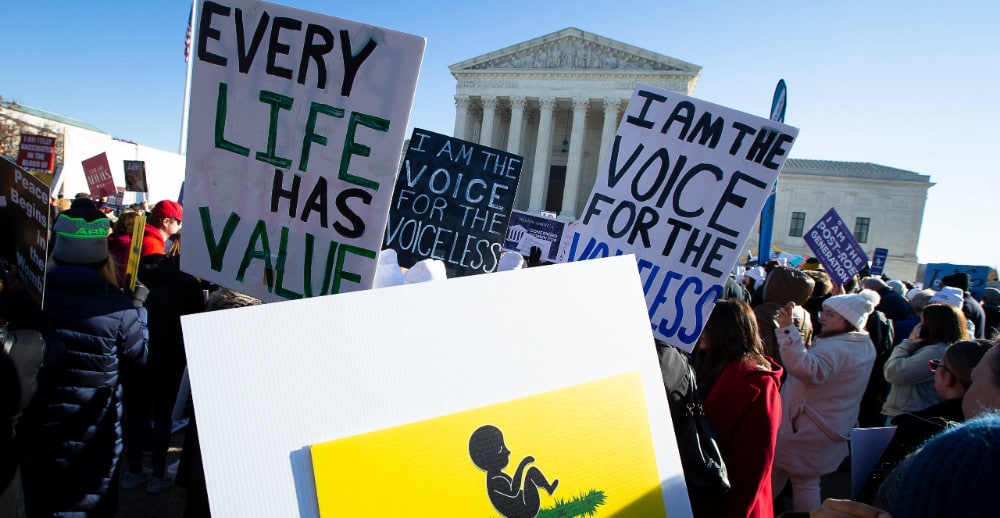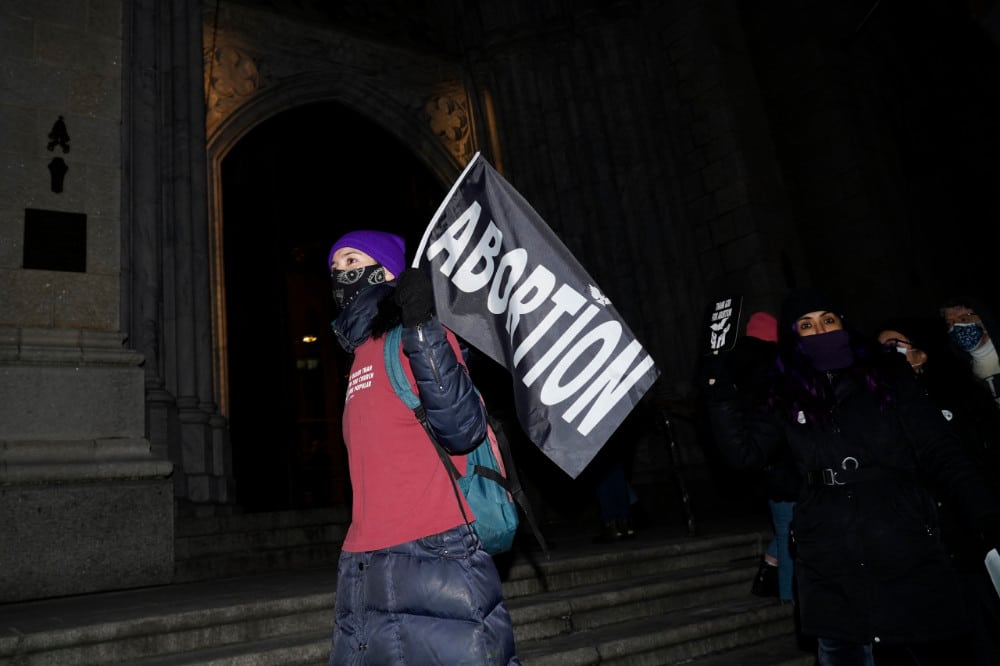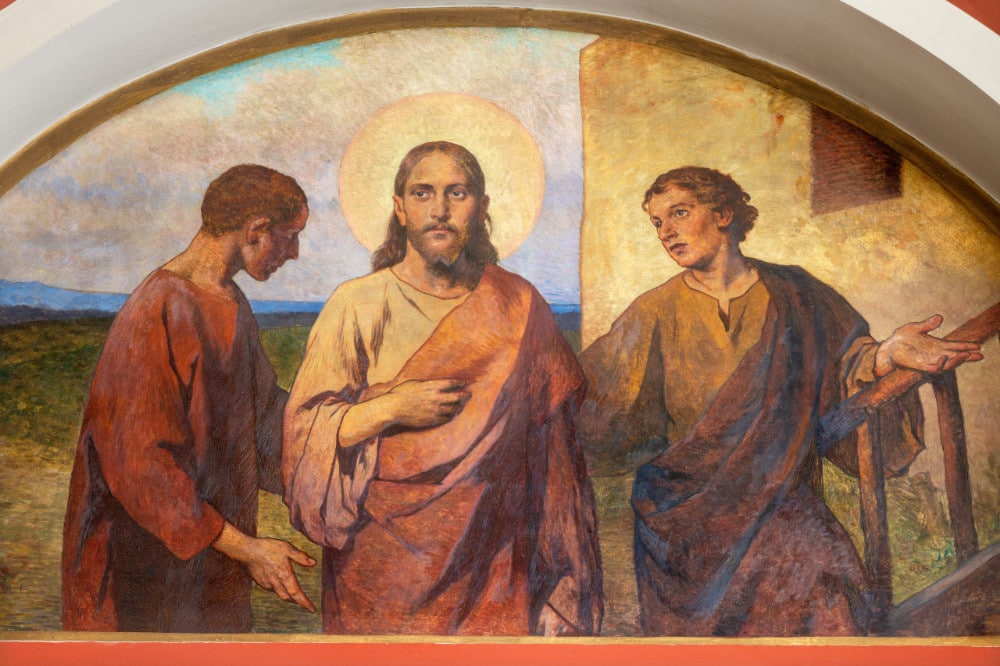 Publication of a purported draft in the Supreme Court’s decision regarding the constitutionality of a Mississippi statute that severely restricts abortion on demand seized the headlines.
Publication of a purported draft in the Supreme Court’s decision regarding the constitutionality of a Mississippi statute that severely restricts abortion on demand seized the headlines.
It is thought to be the first time, at least in the past century, that an internal document used in discussion among the Supreme Court justices has been leaked. (The draft is authentic.)
The novelty of this leak is not what made the news and awoke emotions on both sides of the abortion argument. Stimulating reactions was the fact that it seems quite likely that the court will sustain Mississippi’s restriction of abortion, thereby affecting jurisprudence across the country, and legal abortion — this is key — will exist only in states approving of it.
So, at this moment, assuming the actual court judgment coincides with the draft, legal abortion still will be available in about half of the 50 states, give or take, although local qualifications and circumstances may pertain.
When another set of justices declared abortion a constitutional right in America, nearly 50 years ago, the late Cardinal John Krol of Philadelphia, then president of the American bishops’ conference, said that always the objective had to be saving the life of every innocent unborn.
In the days ahead, whatever the court decides, Americans who want to save every unborn life will have a task before them: convincing others that human life is precious, and that abortion is evil.
It will not be easy. Not many hours after the publication of this purported draft, pro-life Americans made known their delight, but pro-abortion advocates were numerous, furious, outspoken and uncompromising. They marched in the streets and dominated the media.
Changing their minds will be hard. Recourse to religion and religious institutions will not be a sure tactic. Beyond the particulars of abortion, it would require accepting universal moral principle instead of personal inclination.
Here is another problem. Among the major American denominations in terms of numbers, only Catholics and Southern Baptists resolutely teach that abortion is morally wrong. Other prominent, influential and well-resourced religious communions, in their religious education classes, pulpits and pastoral practice, say that abortion is permissible, even preferred on occasion.
Critically, everything will exist in a climate often indifferent to, or unmoved by, religion, of any definition. Recently, a poll concluded that today, for the first time in United States history, half the population associates itself with no religion.
The most disturbing note in this report was that the number of these Americans has been increasing. No surprise. Many once-upon-a-time Catholics, baptized, confirmed, educated in Catholic schools, often married to Catholics, and so on, have left the Church. Every practicing Catholic, for example, can think of at least one acquaintance who has left the Church, maybe several, maybe many.
Losses are as bad, if not worse, among Protestants, Jews and Orthodox.
Not surprisingly, for many Americans, reference to religion, especially if religious opinion is divided, is unconvincing, at best, an unwelcome intrusion, at worst.
Scientific arguments that human life begins at conception are not universally held. Terms are murky. Emotions are high. Pro-life arguments, most of all, will demand that people lay aside their own personal instincts and wishes that, for so many, have become the only criteria for personal decision, for whom classic Christian teaching means utterly nothing.
In this atmosphere, pro-life Americans will have to persuade others that abortion, in and of itself, is a grievous sin, the willful destruction of an innocent human life. It should never be allowed or chosen.
Reaction to the leaked document, and indeed the abortion debate itself, expose the reality in which so many live life without God. The moral compass is quivering. We are paying a price.
Years ago, Pope St. Paul VI warned that, by rejecting God and the notion that God has revealed moral values applying to all, society was inviting trouble. Even Catholics laughed at him. He was right.
Msgr. Owen F. Campion is OSV’s chaplain.







